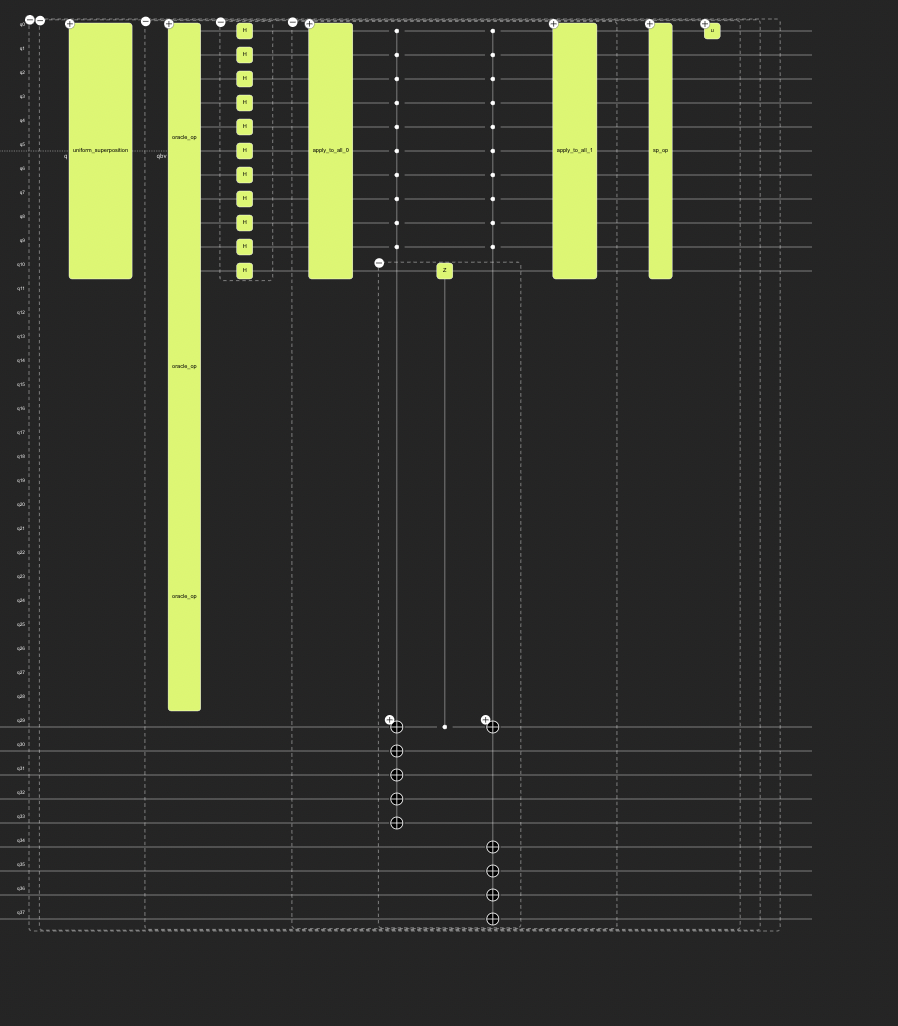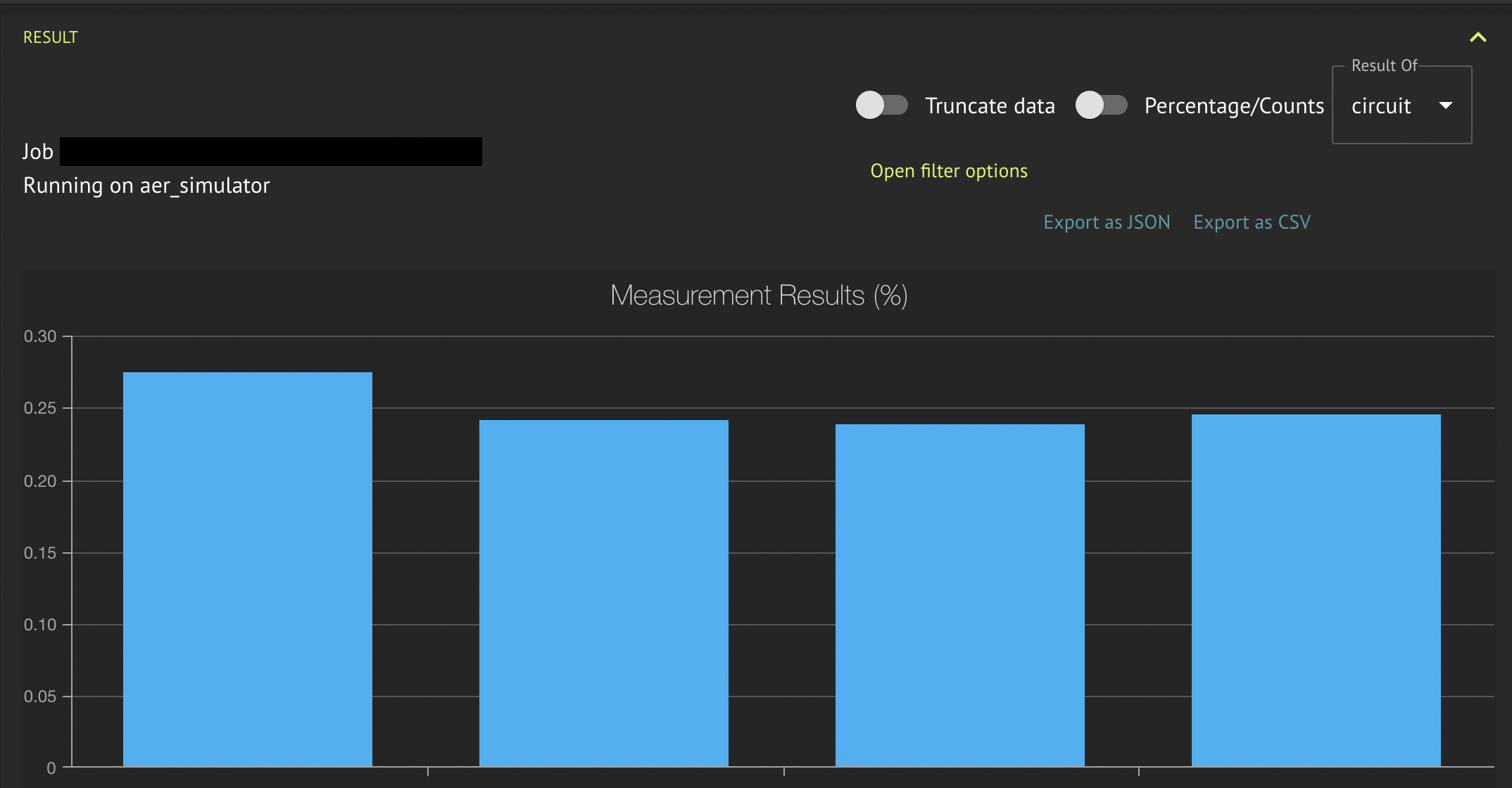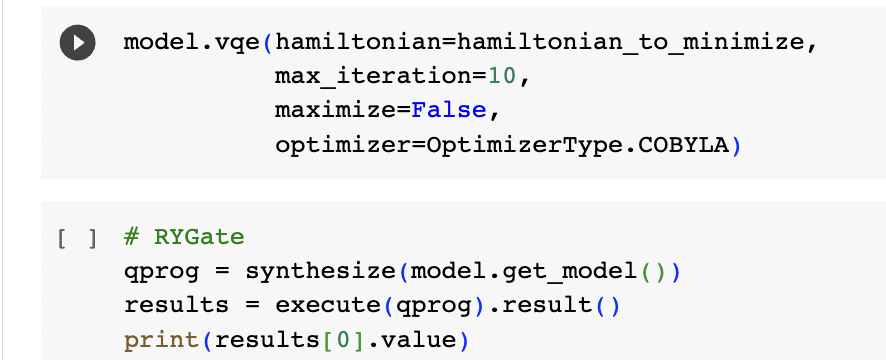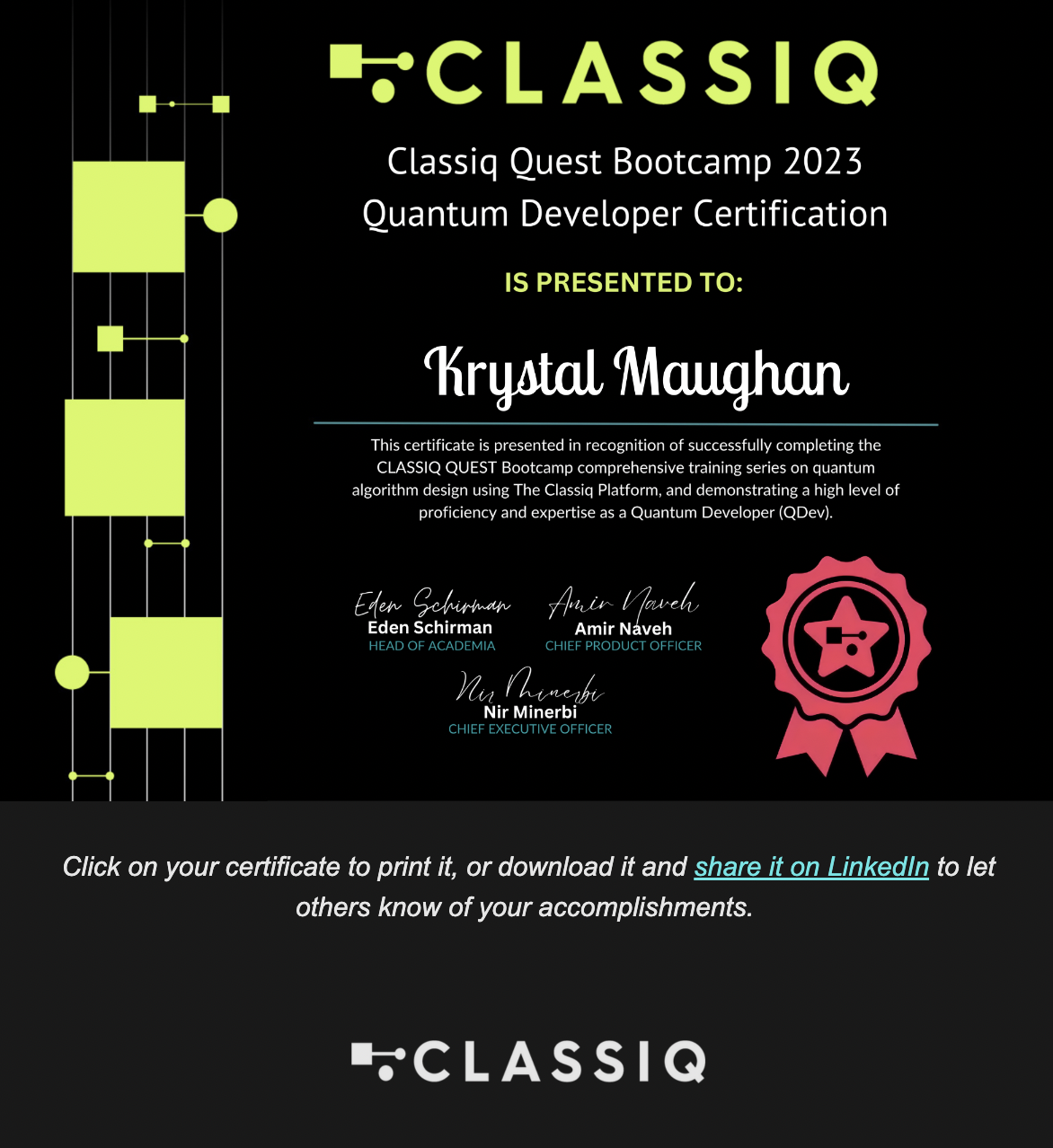Thursday October 5th
My first Quantum Bootcamp
This week was hectic
- I’m currently juggling a number of projects, but so far, been able to keep up with them.
- By the time this afternoon hit, I was tired. I had been pushing myself all week, not taken any time for myself over the weekend (our challenges started on Sunday!), and knew in the evening I had three meetings back-to-back. Finally, another project sent out times to meet for two parts of the project I’m on (group A and B), and another workshop finally sent out their papers to be reviewed (of course with a short window). I knew I had to take a nap before my other project meeting, or I’d be taking in information and later on, nothing would make sense. So I closed all my devices, turned off the lights, set my alarm and just slept around midday, instead of eating lunch. It was so worth it.
- I mentioned that had gotten into a class where we work on a project, and this week, as part of the class, we have to cover fundamentals of the software we will be using. This was done via a bootcamp. In order the make progress, we had to obtain the certificate, and in order to obtain the certificate to show that we completed the bootcamp, we had to succeed in at least three of the four challenges presented to us.
- I had never used the software before, and each day we had about a 14 minute to 19 minute video that covered some concept. The first day was on Quantum Algorithms, the second was on circuits and High Level Design, the third was on hardware constraints and the fourth was on using their SDK. Every morning, around 3:45am my time, a bot would report on whether I had passed the challenge successfully, bearing in mind that all assessments had to be completed by today at 10am. So it was a little stressful. Fortunately, the community was nice enough and energetic enough that it was pretty fun! And I’m pleased to report that I successfully passed all my challenges, so I also get swag and my certificate!
The class
- The way the class works is that each assigned project has a group and we are assigned a PI. Every other week, we meet with our PI. And in the other interleaved weeks, we meet with all the other project groups and we alternate on giving progress updates via a presentation on our research. We also write progress reports due every week, which we upload to Gitlab. At the end, we contribute to a final manuscript, which we are encouraged to put up on arxiv. If we fail to keep up with the workload, or fake credentials, we are dropped from the class. There was quite a bit of weeding out to get a spot in the class, so that is expected. My group was able to work it out so that all of us live in the US, so at least our timezone is not too bad.
- Even better is that one of my group members is also attending the quantum symposium I got a Fellowship to attend at the end of October! So that’s awesome, and I am already so excited to attend! I heard as fellows we even get a tour of the lab, which is really cool! I hope they let us take photos, so I can do a mini-writeup. I’m also super excited to finally meet a speaker I’ve been reading the work of since 2021, from an Information Theory Conference I attended at Stanford while taking an Information Theory class there with David. Also, another professor who was at our summer school is also going to be there. So far, I met another one of the professors at the last conference I was in, where he was giving a talk on error-correcting codes. And he remembered me! In any case, I’m excited about everything!
Not answers
- Obviously, I won’t post answers to the challenges, but here are some of the photos from things I worked on during the week. I learned quite a bit and quite seriously thought that this is something I enjoy spending time on; it was just so much fun. Having also come from a hardware background, there is something very familiar and wonderful about being connected to that again, while also being able to use knowledge from my Pure Maths background, particularly in Number Theory and Graph Theory. It’s all pretty wonderful.

- We learned about MCX gates and the Diffusion Operator, and different gates.

- We learned about setting parameters and executing our circuits on the first day.

- From the initial tutorial on Day 4, where we learned about how to use the Classiq SDK.
It was my first time seeing the differences between the RYGate and the RXGate in this particular
software. I’ve mostly played around with Qiskit in the past, and most recently, Braket. At my
last conference, I also learned a bit about IonQ. Most of the simulator choices we had for the
course were either the
aer_simulator, theqasm_simulator, or throughazure. I’m pretty familiar with running jobs and certainly azure, because of my previous internships, so it was very intuitive!

- Because there were so many participants, they checked our answers using a script. This resulted in challenges for one of the days where we had a choice of gates that were still considered correct, which resulted in some persons receiving a failed result on Day 2. However, the organizers very quickly fixed this issue and within a couple hours, we all received a second check, which proved that my answer was, in fact, correct! After that, I continued to the third, and then the fourth challenge, and by the time the bot did their next round, it confirmed that I had been successful on all my challenges! Wohoo!

Otherwise
- As I mentioned, I’m juggling quite a lot at the moment, but being not on campus this semester has been quite good for me in terms of productivity and my mental headspace. I’m very excited about quite a lot of the projects I’m working on, but they do take time, and I’m particularly excited that they will be well-written. I was listening to a podcast a while ago in which the podcaster mentioned that scientists need a place to wander, and spaces to fail. There are some areas that have iterations or cycles that are too fast, that I think have hurt me in terms of the process of taking the time and learning to think and iterate, and I’m really happy I am no longer a part of those spaces, or rather, that I can pick and choose whether I want to be.
- I’m legitimately happy about the projects I am working on; they suit both my temperament and are super interesting! I’m in a much happier space.
And that’s it.
Written on October 5, 2023
